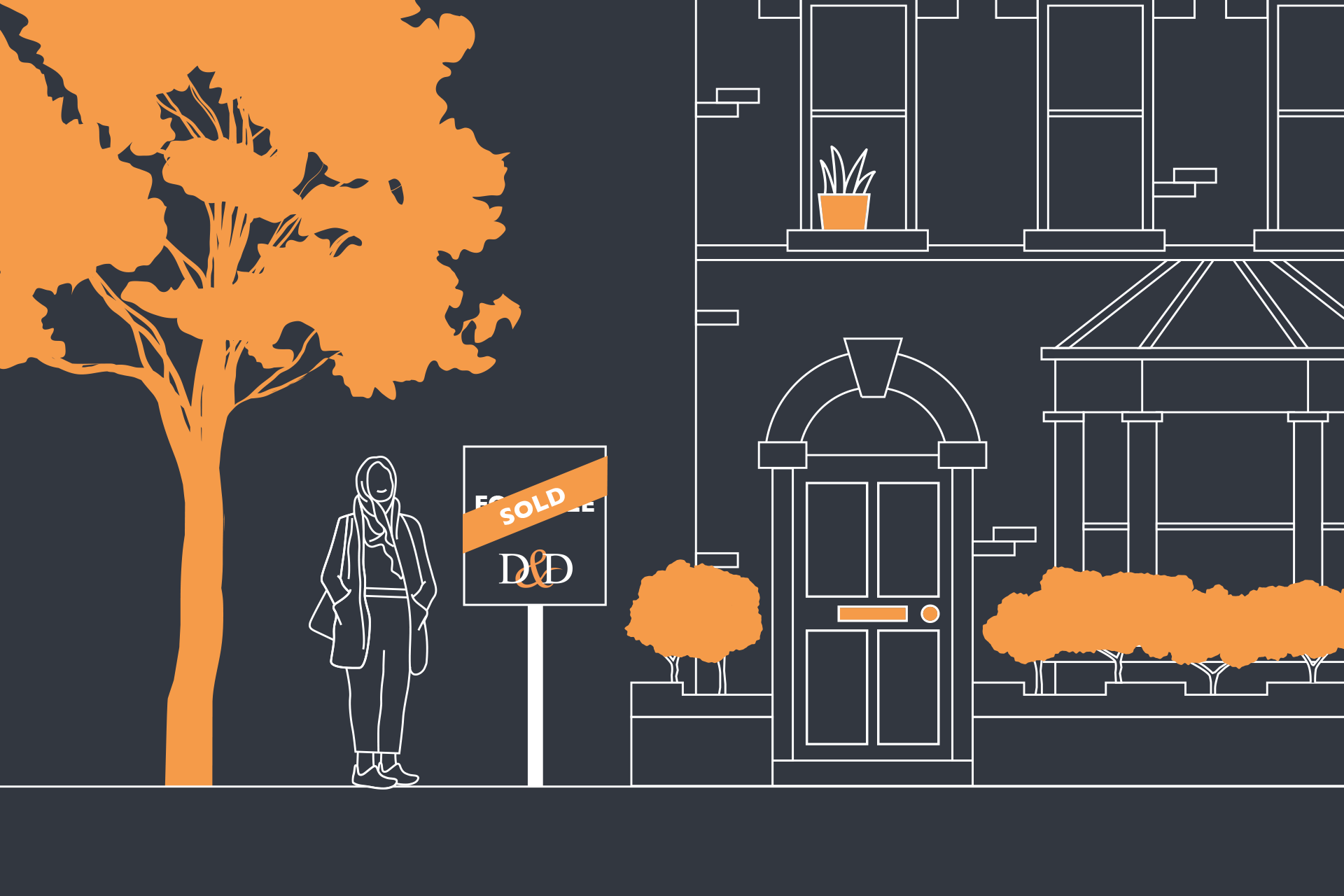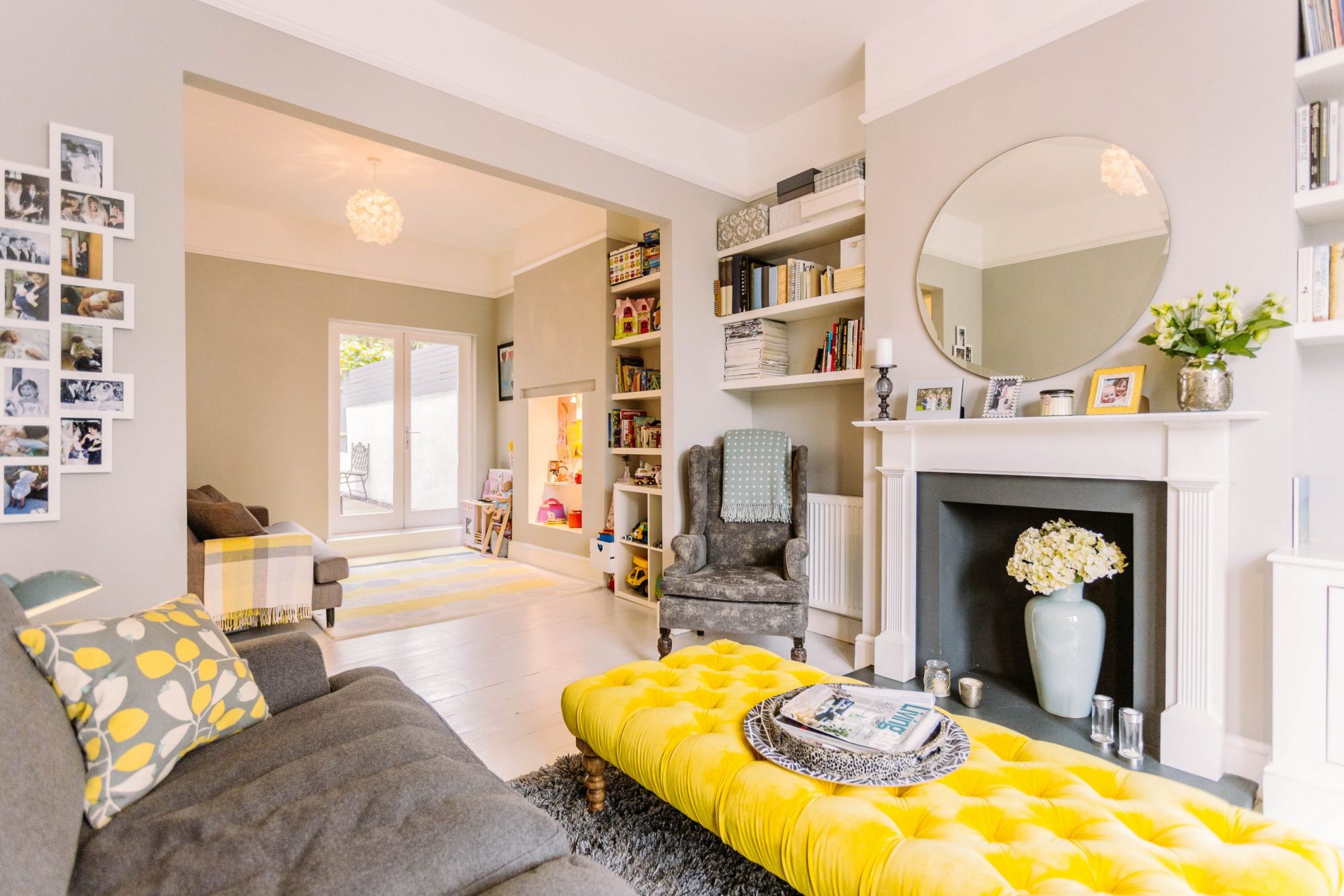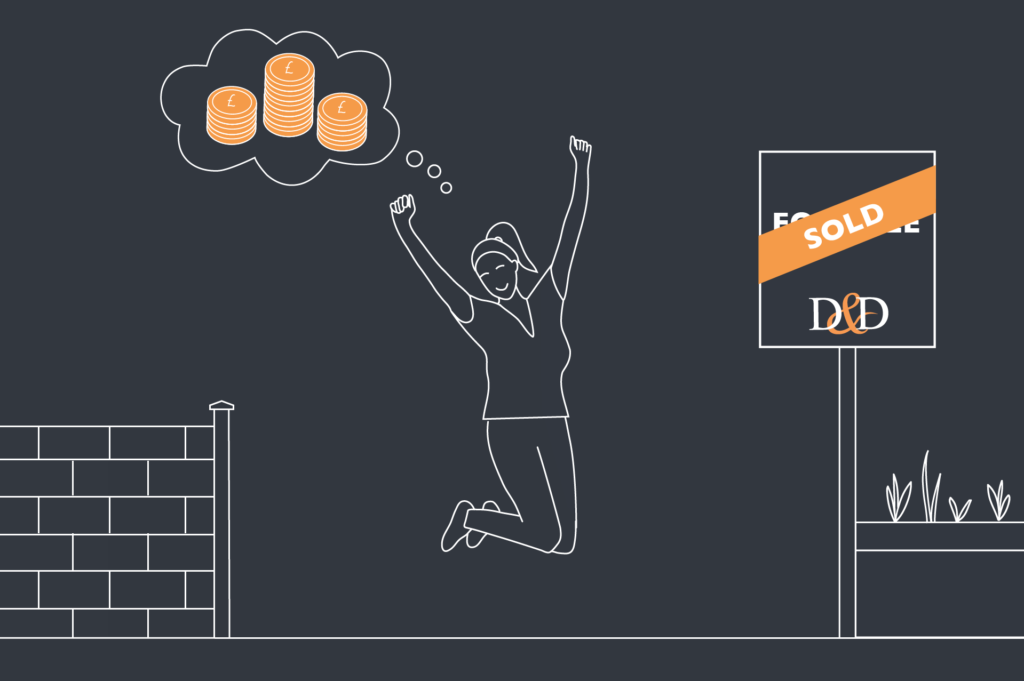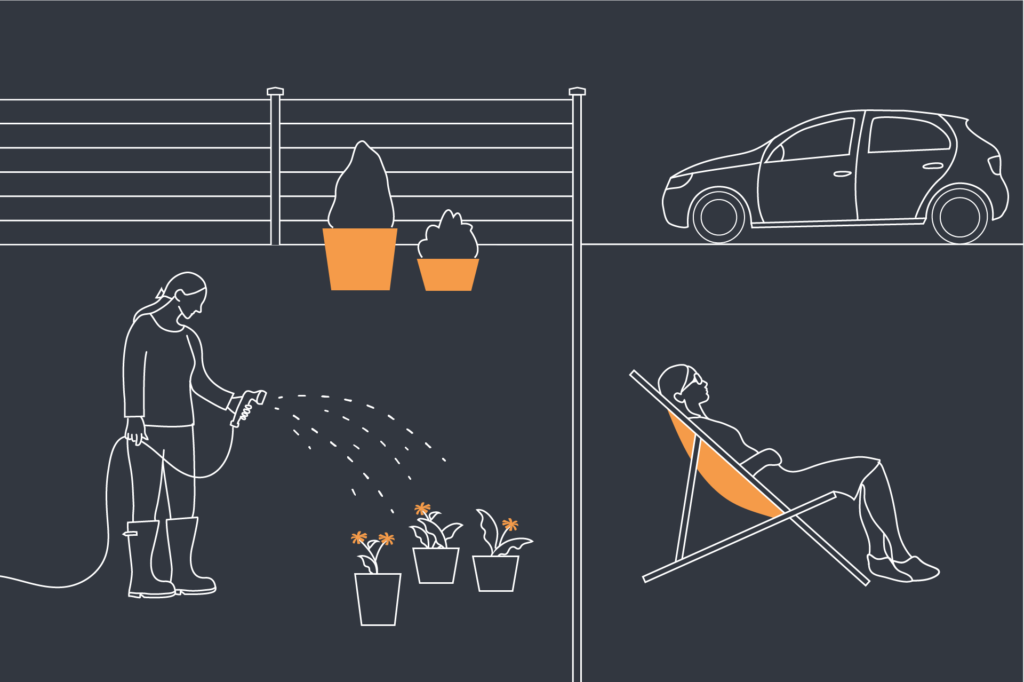Hey there Hans Solo, we’re proud of you. Buying a property alone is no mean feat, and we should know. But it will be incredibly rewarding, particularly if you decide to take our sage advice. No, we’re not suggesting you whip out some actual sage and start burning a hole in the curtains. Read on for our tips, tricks and guidelines to getting on that property ladder without a helping hand.

Me, myself and my mortgage lender
Whilst increasing interest rates has altered mortgage lenders views of new customers in some situations, there are still those who are looking to help out. It’s also the perfect time to start saving properly and getting all those plastic bath ducks in a row before applying. Take a look at our article for an example on what to prepare before you call up Mr and Mrs Lenders and Sons. In some cases it can be worth concocting a savings plan with a financial advisor first, or give us a shout for some more specific pointers after reading that article. Even if you think you’re a lost cause, there are always creative solutions to each complex scenario out there. Trust us, we’ve heard it all.
Waiving or drowning? The Stamp Duty conundrum
Are stamp duties waived for first time buyers, or do we simply drown in mortgage jargon and fees? Well, it depends. The threshold is where SDLT starts to apply. If you buy a property for less than the threshold, there’s no SDLT to pay.
The current SDLT thresholds are:
- £250,000 for residential properties
- £425,000 for first-time buyers buying a residential property worth £625,000 or less
- £150,000 for non-residential land and properties
You’ll pay stamp duty at the following rates if, after buying the property, it is the only residential property you own. You usually pay 3% on top of these rates if you own another residential property.
Property or lease premium or transfer value:
Upto £250,000 – 0% SDLT rate
The next £675,000 (the portion from £250,001 to £925,000) – 5% SDLT rate
The next £575,000 (the portion from £925,001 to £1.5 million) – 10% SDLT rate
The remaining amount (the portion above £1.5 million) – 12% SDLT rate
It’s imperative to remember all of the other costs of buying a property on top of the house price itself, with most financial advisors giving a guidance percentage of around 15% on top. So before you get carried away with your calculator and start spending the difference on that leatherette three piece suite, make sure you’re exempt from Stamp Duty at least to begin with. Also maybe rethink the red leatherette, it’s hideous.

All by myseeeelf / Am I too old to buuuy a house?
Hush there, Bridget. No need to get all warbly on us. There are some schemes out there that do only apply to under 40s, but equally there are other ones which benefit the over 55s, like the Older People’s Shared Ownership scheme for example. Apologies to all you 40 – 55 year olds. If you are of retirement age, you can think about Retirement Interest Only mortgages too, or you could think about bubbling up with a Shared Ownership scheme at any age. In this scenario, you can buy a percentage of the property and rent the rest from the local authority.
Remember, however, that not all SO homes can be bought out fully later and may always belong partly to the local authority. Also bear in mind that while deposits are usually smaller, you will be paying both rent and mortgage fees together with restrictions in place on changes you can make to the property. Whew. I hope you’re taking notes here, Roberto.
Goodbye Help to Buy – what now?
It is with great sadness that we say farewell to the late, great Help to Buy scheme of yesteryear. Registrations for such a coo closed last October in a puff of smoke, leaving some of us grasping at disappearing floorplans and wondering what in the magic mirror we’re going to do now.
Mortgage rates and house prices are climbing up the walls like ivy, while a cost of living crisis wreaks havoc across the land leaving many of us unable to afford our own castle, especially when going it alone. But you know what they say – when one door closes, a garden flat’s French windows open via seven other government-approved first-time buyer schemes. Or something like that. Check out our full rundown of navigating the best scheme for you in our handy guide.

Borrow together, own alone
Joint Borrower, Sole Proprietor is a great way to get a mortgage if you’re not on a very high income. It calculates the mortgage based on multiple incomes, but any other names won’t appear on the deeds so you can also borrow a higher deposit. If you are lucky enough to have relatives still in the Spring of their careers, and willing to help out in this way, you’ll find yourself inundated with lenders for the Joint Borrower, Sole Proprietor scheme. It also sounds pretty snazzy too, like a lesser known Kate Bush EP from the John Peel archives.
Get outside the box, Jack!
Lastly, but by no means least, please don’t fret if you can’t seem to find a scheme for you. There are so many different ways to get a mortgage, even if it appears all is lost right now. As one example, parents and grandparents are allowed to release some of the equity from their homes under a reversion scheme which can be merged with a mortgage for a smaller percentage of the property cost. This also means it works out cheaper in the long run. *Chef’s kiss*. We advise having a good old research of your own, like you have begun by reading this very article, then give us a bell / drop us a line so we can help get down to brass tacks with your particular situation.
Please remember that our articles are for guidance and perusal, and we’d recommend you get specific professional advice for buying a property alone. We are here to help a every step of the way with your property journey, so don’t delay in giving us a shout – we love imparting our wisdom on you poor, unsuspecting lot.
Contact us:
alex@daviesdavies.co.uk – Lettings Director (contact for lettings, property management and block management)
mark@daviesdavies.co.uk – Sales Director (contact for sales, investors and surveying)
020 3481 6613
Davies & Davies Estate Agents, 85 Stroud Green Road, London, N4 3EG
Article & images by Barefaced Studios

Well, well, well, 2023 was quite the rollercoaster for our dear housing market wasn’t it? Prices dropped for the first time in over a decade, leaving homeowners in a bit of a tizzy. But fear not, sellers – it’s not all doom and gloom for 2024. Research has shown that despite the fall in prices, 93% of sellers still made a profit. Who says those pesky avocado-smeared millennials can’t be homeowners, eh? Now let’s get to the juicy part: how much moolah did these lucky sellers make? Well, the average gross gain was a whopping £74,000. That’s enough to pay off your student loans and still have some left over to feed your secret chipotle habit.
Read More...Get in Touch
Opening Times
Mon – Thurs: 0900 – 1815
Fri: 0900 – 1800
Sat: 1000 – 1600
Sun: Appointments by request

